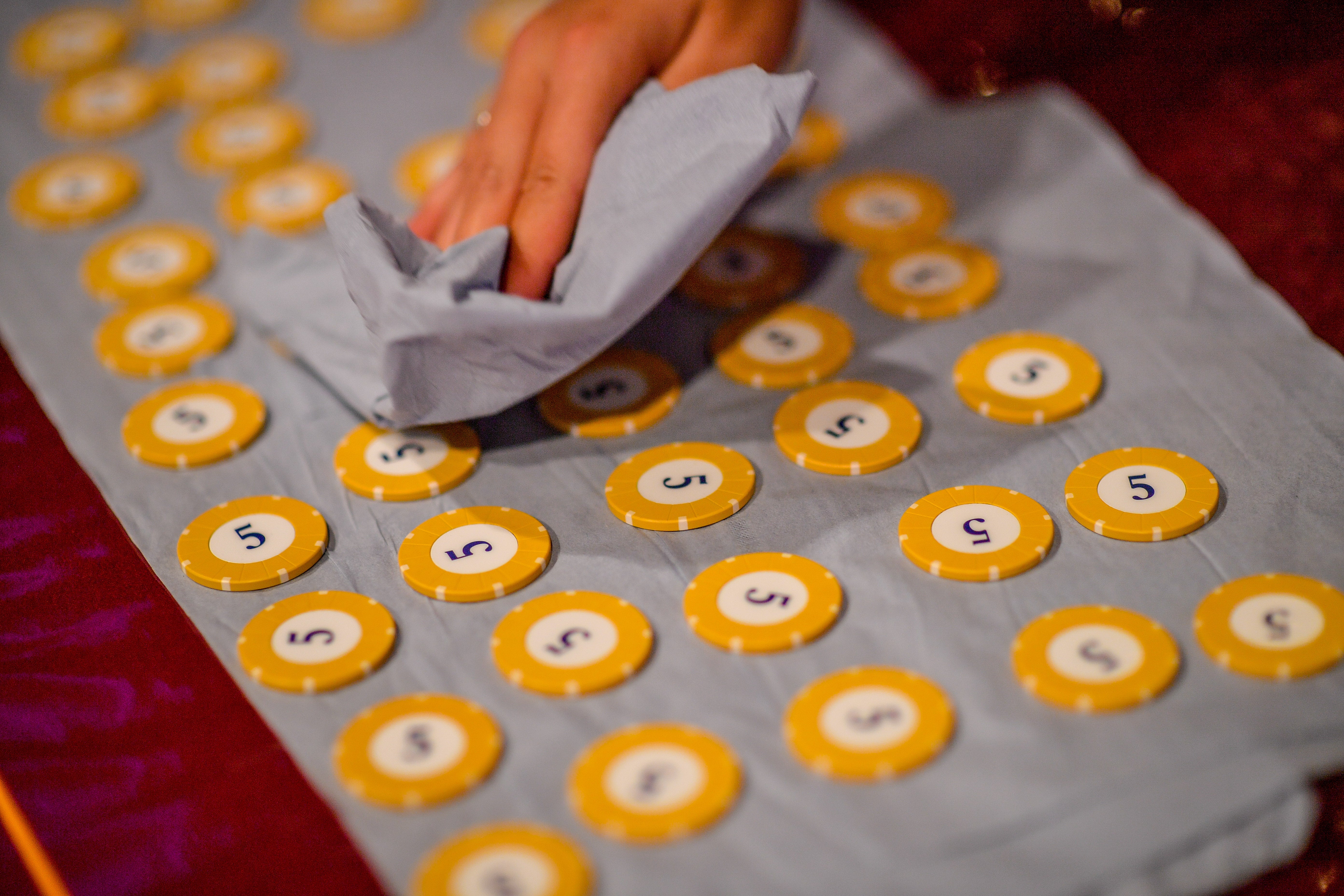Gambling sites concentrated in poorer areas, study finds
Glasgow, Liverpool, Middlesbrough and parts of London had the highest number of betting shops per person

Your support helps us to tell the story
From reproductive rights to climate change to Big Tech, The Independent is on the ground when the story is developing. Whether it's investigating the financials of Elon Musk's pro-Trump PAC or producing our latest documentary, 'The A Word', which shines a light on the American women fighting for reproductive rights, we know how important it is to parse out the facts from the messaging.
At such a critical moment in US history, we need reporters on the ground. Your donation allows us to keep sending journalists to speak to both sides of the story.
The Independent is trusted by Americans across the entire political spectrum. And unlike many other quality news outlets, we choose not to lock Americans out of our reporting and analysis with paywalls. We believe quality journalism should be available to everyone, paid for by those who can afford it.
Your support makes all the difference.The UK’s most deprived areas have more than ten times the number of betting shops than the most affluent parts of the country, new research shows.
A full 21% of gambling premises are found in the bottom tenth of the country, measured by deprivation.
Meanwhile, only 2% of the sites are in the top 10% of the least deprived areas, research from the University of Bristol, backed by the Standard Life Foundation, shows.
Although the number has been declining in recent years, there were still more gambling sites in Britain than shops run by the big eight supermarket chains put together, the researchers said.
Problem gambling is a public health issue, causing serious harm to people’s finances, livelihoods and relationships
They also found that half of the country’s gambling treatment centres were within 250 metres of their closest gambling premise.
“Problem gambling is a public health issue, causing serious harm to people’s finances, livelihoods and relationships,” said Standard Life Foundation chief executive Mubin Haq.
“Those with the least resources are being targeted more, with twice as many gambling venues on their doorstep as supermarkets.
“If we are to truly level up, the new gambling reforms currently being considered must take into account the geography of gambling venues and give local authorities more control over licensing.”
The report found that Glasgow Liverpool Middlesbrough and parts of London had the highest number of betting shops per capita.
While the gambling industry may offer some much-needed employment in these areas, it usually takes much more than it gives
Around 44% of the UK’s gambling was still done in physical locations before the pandemic, with Brits spending around £5 billion in shops.
Jamie Evans, senior research associate at the University of Bristol, said: “The research highlights the clear mismatch between the amenities available in ‘left behind’ areas, compared with those that are more affluent.
“Rather than having greater access to the facilities, services and opportunities that help people to improve their lives, those in more deprived communities are disproportionately faced with choices that can often prove harmful.
“While the gambling industry may offer some much-needed employment in these areas, it usually takes much more than it gives, leaving a legacy of greater hardship and increased social problems.”